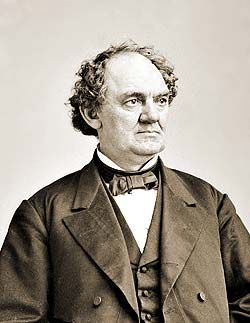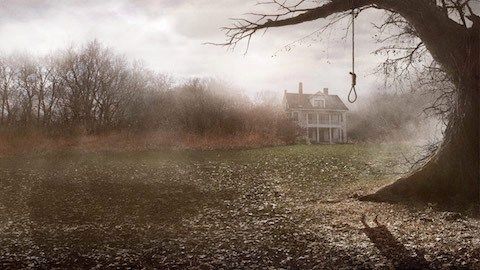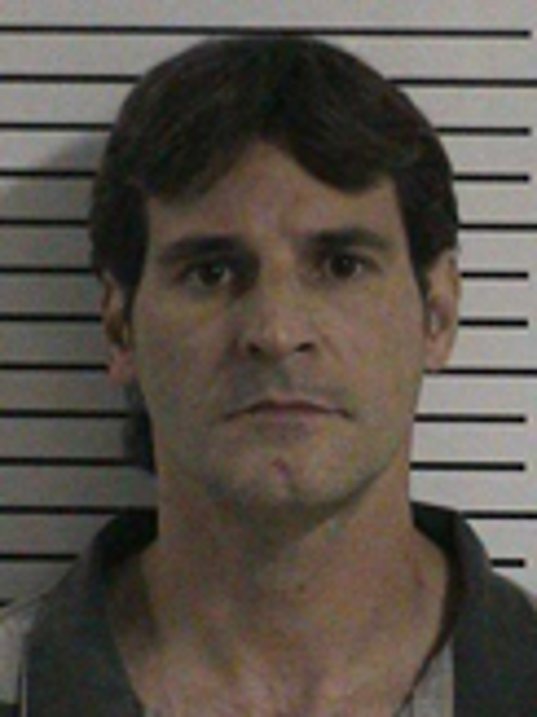Police officers earn more than you think for a job that’s less dangerous than you imagine.
.
by David Feige
Baltimore’s streets are quiet again.
Baltimore’s state’s attorney Marilyn J. Mosby moved quickly in securing
indictments against six police officers in the death of Freddie Gray,
and her decisive action has calmed the city for now. But getting a grand
jury to indict police officers is a lot easier than getting convictions
at trial. That’s because like any prosecutor trying to hold cops
accountable, Mosby will be working on an uneven playing field. To prove
her case, she won’t just need sufficient evidence. She will also have to
overcome a number of deep-seated structural impediments to convicting
police officers of crimes—no matter how guilty they are.
It’s
hard to prosecute cops. There are two main reasons for this: The first
is the special deference that jurors, judges, and prosecutors show
officers thanks to the widespread perception that they are heroic public
figures valiantly trying to protect us. The second is the bevy of
special laws around the country that are designed to shield police
officers from the very tactics the police regularly use on ordinary
suspects. For example, in most states, law enforcement officers cannot
be questioned until they have been given a few days to get their stories
straight. And many states have passed laws—such as Section 50-a of New
York’s Civil Rights Law—that are specifically designed to make it almost
impossible to obtain or use at trial records of a police officer’s
prior brutality or misconduct. These two factors can make convicting
police officers extremely difficult, and it is no accident; it is the
direct result of the sustained effort by police unions to protect
officers from even the most deserved discipline or prosecution.
It is far safer to be a NYPD officer than an average black man in Baltimore.
While the rules that unfairly protect the police must be changed,
it is also high time to re-examine the foundation of these policies: the
public perception—lovingly curated by police unions—of the very nature
of police work.
For the last three decades, police unions have
managed to portray their members as indispensable heroes in a deadly and
dangerous war. Fallen officers, like Benjamin Deen and Liquori Tate,
who were shot in Mississippi on May 9, or Brian Moore, whose funeral in
New York was a few days earlier, are uniformly described as heroes. One
need only listen to the fife and drums, witness the squadron of NYPD
helicopters flying the missing man formation, or gaze at the image of
tens of thousands of white-gloved officers standing at attention to
understand the profound nature of their particular brand of heroism.
But
as we read the heartrending newspaper coverage and weep at the pomp
that attends a line-of-duty death, we can become a party to a false and
dangerous narrative that does more to rend our society asunder than heal
our legitimately broken hearts. That’s because the story of the hero
cop is also used to legitimize brutality as necessary, justify policies
that favor the police, and punish anyone who dares to question police
tactics or oppose the unions’ agendas. Quite simply, in the years since
the Sept. 11 attacks, the story of the hero cop has become so powerful
and pervasive that even questioning police behavior is decried as
disloyal, un-American, and dangerous.
Just last week a
third-grade teacher at Forest Street Elementary School in Orange, New
Jersey, was lambasted for promoting “anti-police sentiment.” Her
offense: having her third-graders write get-well cards to Mumia
Abu-Jamal, a man serving a life sentence for killing a police officer
nearly 34 years ago. The simple display of sympathy—Jamal was recently
hospitalized due to complications from diabetes—was decried by Chris
Burgos, president of the State Troopers Fraternal Association of New
Jersey, as “brainwashing” and promoting an “anarchy driven agenda.”
Richard Costello, political director for the Philadelphia Fraternal
Order of Police, described the get-well cards as “psychological child
abuse.” Both unions demanded the teacher be fired, and the school
district obeyed.
The hero cop narrative is also belied by the
facts. According to the United States Bureau of Labor Statistics, police
work does not crack the top-10 list of most dangerous jobs. Loggers
have a fatality rate 11 times higher than cops, and sanitation workers
die in the line of duty at twice the rate that police do. Yes, police
officers are sometimes shot and killed, but this is a fairly rare
phenomenon. Indeed, according to the National Law Enforcement Officers
Memorial Fund, of the 100 officers killed in the United States in the
line of duty in 2013, far more crashed their cars or were hit by cars
than were shot or stabbed. In fact, if you compare the murder rate among
police officers with the murder rate in several American cities, you
find that it is far safer to be a NYPD officer than an average black man
in Baltimore or St. Louis.
Moreover, we pay our police
officers handsomely in New York City. It costs taxpayers more than $8.5
billion a year to pay for the NYPD, and between salary, overtime, and
the value of their benefits, the average beat cop costs the taxpayers
more than $150,000 per year. That is not an argument for paying police
officers less, just that we already pay these civil servants a lot more
money than most people realize to do a job that is a lot less dangerous
than most people imagine.
We should appreciate the value and
sacrifice of those who choose to serve and protect. But that
appreciation should not constitute a get-out-of-jail-free card for the
vast army of 800,000 people granted general arrest powers and
increasingly armed with automatic weapons and armored vehicles.







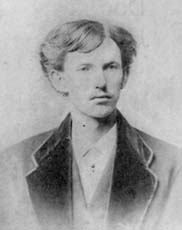 6. “That's funny" -Doc Holliday (Looking at his bare feet. As a gunslinger, he always thought he would die with his boots on.)
6. “That's funny" -Doc Holliday (Looking at his bare feet. As a gunslinger, he always thought he would die with his boots on.)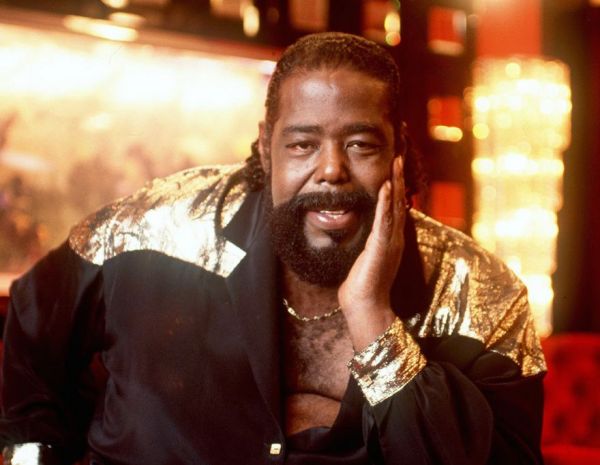 12. “Leave me alone. I’m fine." -Barry White
12. “Leave me alone. I’m fine." -Barry White